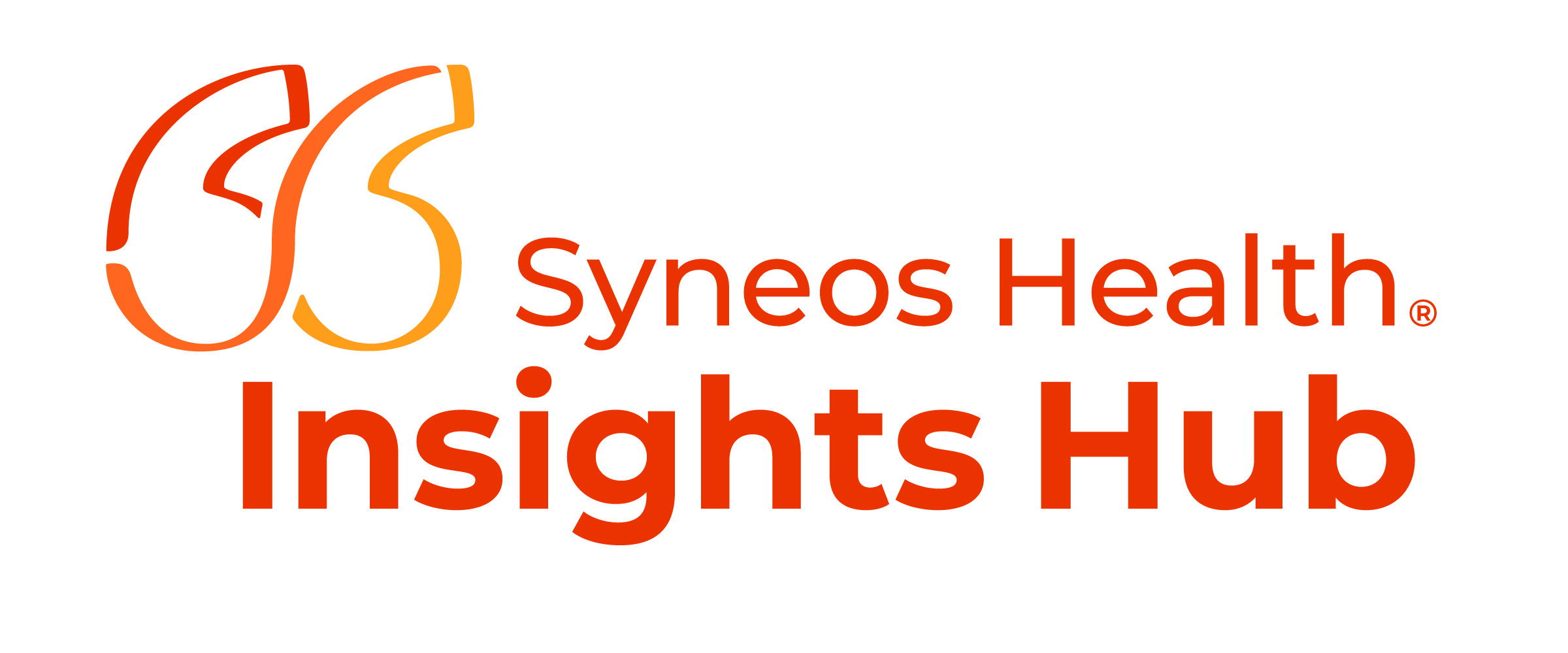The Key to Accelerated Global Expansion: Adaptability through a Flexible Outsourcing Model
Discover how emerging biopharma companies can accelerate global expansion with flexible commercialization strategies and expert outsourcing partnerships.
In The Graduate, the line "plastics" hinted at a major economic opportunity. For emerging biotech companies today, the key word would be "adaptability." The ability to stay flexible throughout development and commercialization is crucial to success. Once regulatory approval is received, companies face the daunting task of deciding how and when to expand globally, often while the exclusivity clock is ticking. A flexible approach to commercialization, grounded in adaptability, can help overcome the uncertainty ahead.
Explore how our flexible outsourcing model can support your success at every critical stage of your asset's development.
The Race for Expansion is On: Timing and Strategy
Upon regulatory approval, the focus shifts to maximizing return on investment. Time becomes critical, as nearly half of a drug's patent life is already spent in research and development (R&D). Global expansion is often essential to reach a broader patient base and optimize sales, but timing and strategy are frequently points of contention among key stakeholders. C-suite executives might prefer a phased approach, whereas investors and the board of directors may push for rapid globalization.
Another major decision is whether to pursue an out-licensing, co-promotion or independent commercialization model. In the current economic climate, the right path may not be clear. Clinical trial data might not show the expected differentiation, limiting the company's options. Analysis paralysis is common, as companies hesitate to invest in commercialization until there is more certainty. However, waiting too long can squander valuable time needed to prepare for globalization.
Keys to Accelerated Global Expansion in the Life Sciences
Emerging companies can prepare for successful market entry by adopting the following strategies:
- Early Globalization Planning: Start strategizing early, ideally by Phase II or III of clinical trials. This allows for ample time to plan for various go-to-market scenarios, from out-licensing to regional partnerships.
- Preliminary Brand Development: Begin forward-looking activities as early as possible, even if clinical outcomes are not yet certain. Understanding the asset's clinical advantages and positioning within the current standard of care can speed up adoption by healthcare professionals.
- Data-Driven Market Decisions: Informed by clinical and economic realities, companies can better determine how to position their asset in each market. The value proposition will vary by region based on factors like healthcare savings and clinical outcomes, but early data analysis can shape these decisions.
- Lean Launch Strategies: Emerging companies rarely have the resources of large pharma. They must use targeted approaches to marketing and rely on digital platforms to amplify their reach.
- Adaptability: Companies need to stay agile, ready to pivot between strategies based on new insights. Contingency planning is essential, as is maintaining flexibility in scaling operations.
- Leveraging Outsourcing: By working with commercial partners, companies can push forward elements of their plan while remaining flexible. Outsourcing minimizes the need for immediate in-house resources and allows companies to scale up or down as needed.
Ready an Adaptive Commercialization Playbook
One of the best ways to prepare for expansion is to develop a "commercialization point of view," a comprehensive roadmap that aligns with investor conversations and outlines the steps needed to bring an asset to market. This document should address key factors, including market validation, pricing, reimbursement strategies and launch timelines. Outsourcing parts of this process can further mitigate risks while ensuring a more flexible approach to commercialization.
Success Stories: Adaptive Commercialization in Action
Several small biotech companies have successfully used this adaptive approach. For instance, one company partnered with Syneos Health to develop a US-focused commercialization plan, making periodic adjustments as clinical milestones shifted. When the FDA denied the company’s New Drug Application (NDA), Syneos Health scaled down support while continuing to provide guidance on future asset development.
In another case, Syneos Health helped a rare disease company develop pre-launch plans, including deep engagement with various stakeholders. As the sponsor grew, Syneos Health remained a key commercial partner, adapting its role as the company’s needs evolved.

Emerging biopharma companies face a host of challenges when expanding into new markets. Resource constraints, non-aligned stakeholders, and complex market dynamics can impede their path to success. However, by adopting an adaptable mindset and leveraging external partners, companies can mitigate risks while preparing for multiple scenarios.
To succeed in the global market, companies must begin commercial planning early and be ready to adjust their strategies as needed. By following an adaptive playbook, emerging biopharmas can ensure they are prepared with the right resources and flexibility to succeed at every critical juncture.
Are you ready to accelerate your global expansion with a tailored, adaptive commercialization playbook? Reach out to Syneos Health today to learn how our flexible outsourcing model can support your success at every critical stage of your asset’s lifecycle.
Contributors
Kipp Kreutzberg | Vice President, Consulting






